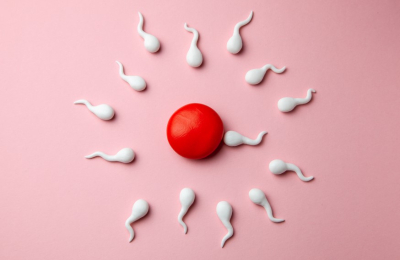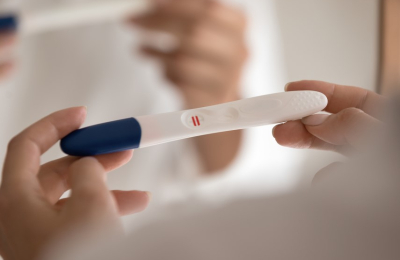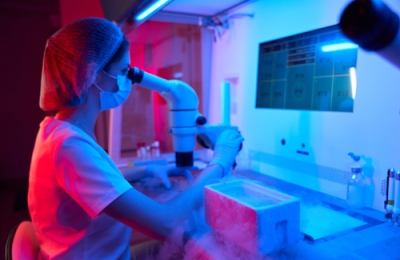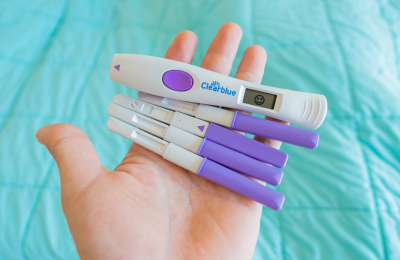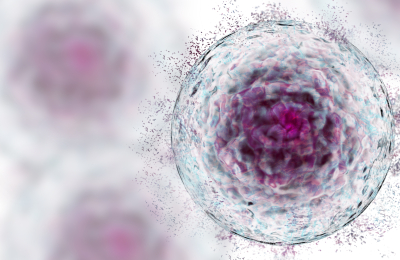
Almost 20 years ago, the National Institute for Health and Care Excellence (NICE) issued its Fertility Guideline, making clear recommendations about what treatment should be offered on the NHS and in what circumstances.
However, successive UK governments, and the different bodies in England who have had responsibility for commissioning NHS services, have failed to implement the NICE Guideline. Consequently, fertility patients in England have spent the past two decades at the mercy of a 'postcode lottery', with few able to access the three full IVF cycles recommended by NICE (for women under 40 years of age). This situation did not improve when the NICE Fertility Guideline received its last major update in 2013.
As NICE is currently in the process of updating its Guideline again, PET thought it was a good time to take stock of how well GPs and commissioners in England understand the current recommendations. We commissioned the independent market research specialists 2CV to interview a sample of 200 participants across England – 194 GPs and six commissioners across 40 out of 42 English ICS regions.
The results were quite shocking.
- Around half (48 percent) of GPs report that their area meets or exceeds the NICE Guideline. This is almost certainly an overestimate, as it has been found that only around a tenth of areas in England meet this standard.
- Only half (50 percent) of all GPs correctly identified that the NICE Guideline recommends three full cycles of IVF for women aged under 40.
- The profile of your GP could make a difference to your referral success, with female GPs more likely to refer patients for NHS-funded IVF treatment, compared with male GPs. For example, when there was a known cause of infertility or reduced fertility, 52 percent of male GPs said that they would refer for treatment compared to 73 percent of female GPs.
- Multiple embryos are often created as part of an IVF cycle, but only 16 percent of GPs correctly identified 'When all viable embryos are transferred' as an IVF cycle completion point in the NICE Guideline. Commissioning decisions which do not provide this are reducing patients' chances of a successful outcome.
- The majority of GPs (54 percent) stated that they had seen a change in referral criteria, with almost all access requirements becoming more restrictive. Where there was change, almost three-quarters (74 percent) reported at least one criterion becoming more restrictive.
- Nearly three-quarters of GPs (71 percent) have received a complaint about access to fertility treatment in their area, with ten percent of GPs having received more than ten patient complaints in the last 12 months.
You can read more about these and other findings in our report The Power of Three IVF Cycles.
PET launched its Power of Three campaign at the Fertility Show, to:
- Help ensure that the NICE recommendation, of three full cycles of IVF for women under 40 and one full cycle for women aged 40-42, is properly implement.
- Demand that where the NICE Guideline is not being adhered to, reasons are given, in line with the UK Government's commitments in its Women's Health Strategy for England.
PET's next free-to-attend online event will explore what can and should be done – by NICE, and by those responsible for implementing the Guideline – to give patients the best chance of accessing treatment and having a successful outcome
The event is entitled NHS Fertility Treatment: Wouldn't It Be NICE to Have a Workable Guideline?, and is taking place from 5.30pm-7.30pm (BST) on Wednesday 7 June. All are welcome. Find out more and register here.
Article by, Sarah Norcross. Sarah is Director of the Progress Educational Trust (PET) and Commissioning Editor of its flagship publication BioNews





















